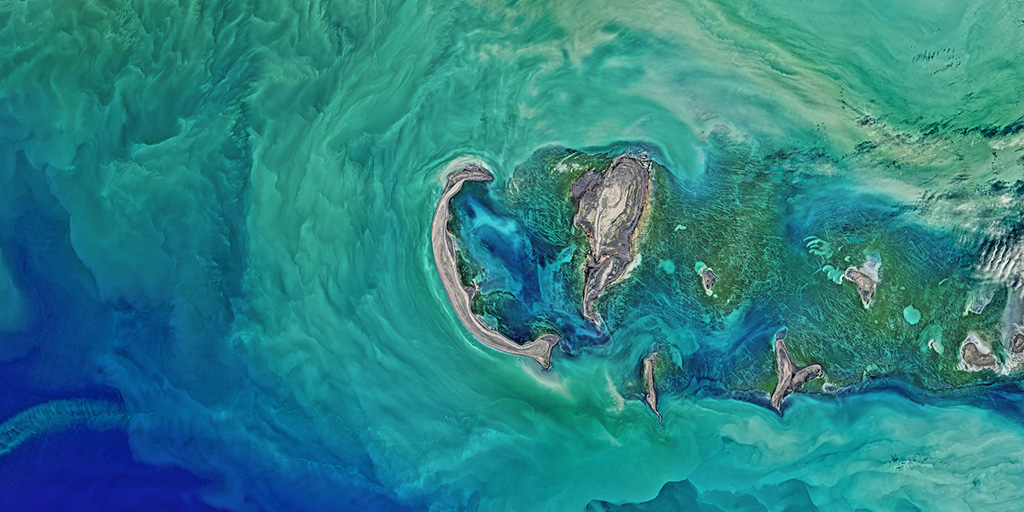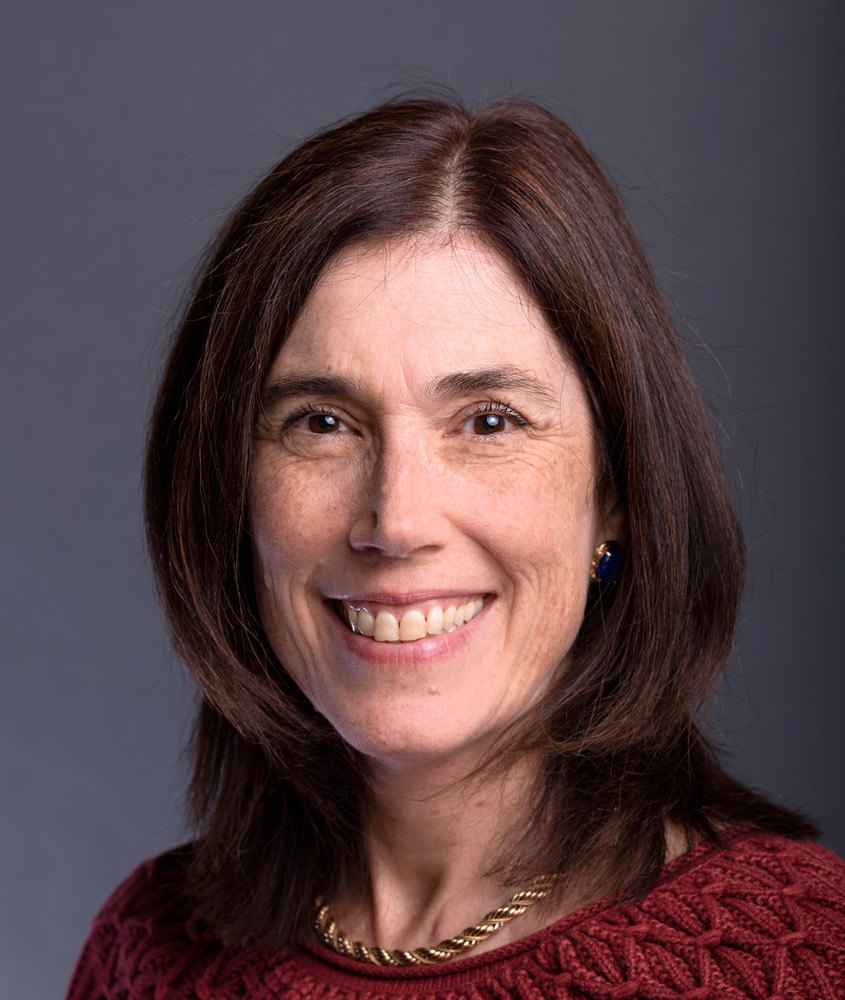
yet2 Launches New NASA Women’s Aqua Boost Challenge;
Seeking organizations working in drought or flood prone areas for partnership.
Overview
NASA is seeking to highlight water challenges and insecurity faced by women who are responsible for water collection in underdeveloped rural areas that suffer from drought or flooding. They are interested in collecting water level data in collaboration with local communities and learning from those communities the challenges and experiences with water storage and variability.
The NASA Women’s Aqua Boost project aims to utilize the Surface Water and Ocean Topography (SWOT) satellite system to monitor the water status in these regions in conjunction with data collected on the ground by the communities. The SWOT system tracks the Earth’s surface water, measuring the height of both fresh and sea water bodies at a higher resolution than any previous satellite, and it tracks how water levels change over time. This monitoring helps to describe and predict the water cycle and its deviations from norms, allowing communities and water management agencies to better prepare for floods and droughts. NASA wants to learn from communities how locally collected ground data over the course of a year combined with the satellite data could be used to improve their resilience to climate change induced water challenges.
In addition to the data collection, the project aims to gain understanding of the water availability, collection and storage challenges faced by women in these communities, as well as the security of this resource, through interviews and participation in this project. Desired outcomes of this project include evaluating SWOT mission with locally collected water levels and raising awareness and understanding of these challenges in the global sphere.
Potential Ways to Participate
- Recommend regions or countries for investigation
- Areas under arid or water deficit conditions
- Areas prone to flooding or excessive precipitation
- Areas with rivers, lakes or coastline experiencing noticeable changes in levels or water quality
- Recommend or provide introductions to relevant groups in these regions
- Water charities
- Organized women’s communities
- Women support groups
- Existing research groups
- Local water management authorities
- Enable water level data collection following guidelines used by the Lake Observation by Citizen Scientists and Satellites (LOCSS) project.
- Help facilitate interviews with local participants
Desired Outcome
Participation in the project, including partnering with the project to develop collaborations with local communities, facilitate water level data collection, and enable interviews with local participants, or provide introduction to relevant groups who could act as local partners.
Interested partners are requested to contact yet2 no later than August 31, 2023.
Project Administrators
Project development and administration will be overseen by yet2 and LOCSS.
yet2 are leaders in Open Innovation – fostering global collaboration and partnerships.
LOCSS are a NASA funded collaboration between the Department of Geological Sciences at UNC-Chapel Hill, the UNC Institute for the Environment’s Center for Public Engagement with Science, University of Washington Department of Civil and Environmental Engineering, and Tennessee Technological University Department of Computer Science.
Related Tech Needs
- Seeking: Industrial Water Treatment Technologies
- Seeking: Real-time Whale Detection & Monitoring Technologies
- Seeking: Portable Power Supplies
